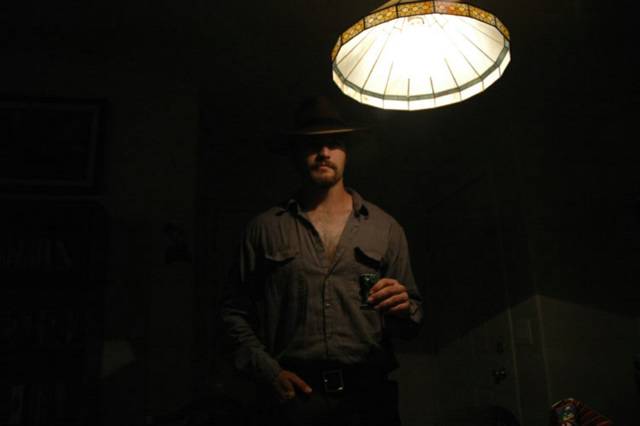Complicity
Sudan, Rwanda, Bosnia, Guatemala, Iraq.
These are all countries that have witnessed genocide. In my life time. Hardly a definitive list, there are others, some from the generations of my parents, some from the generations of my grandparents. After the Holocaust, the world was shaken by what was learned, the depth of genocide. After Rwanda we were shamed by out silence and there by our complicity. In each case, the world cries “Never Again!”
Yesterday I attended a rally for Darfur, the region of western Sudan that has been ethnically cleansed these past three years. It was the first event of its kind I have attended in this country, so I was naturally curious. Organized and attended primarily by young women and a few young men from the university and community college, I wondered what these fresh young souls knew of suffering in hard places, of the realities of international politics and relations, the economics and structural violence that begets revolution, uprising, genocide. Is it necessary they know the complexity of the problems before them and hard road ahead for any meaningful solutions? Or is it enough that they know genocide, mass rape, and enforced starvation are wrong? For not staying home, silent yet knowledgeable and there fore complicity, they are to be commended. That they do not have a full grasp of the situation nor the solutions they ask for, I try not to be too hard on them.
I haven’t the answers either, though I am now conscious of the questions and for that reason question the wisdom of increased UN presence in Darfur, petitions to the President, of either the US or Sudan. Might some of these measures relieve suffering in the short term? Yes, perhaps. Will these measures affect the structural violence that begot the problems in the first place? Certainly not. Does the west risk another battle ground against religious extremism in Africa? Yes. But there is also a chance, however slim, that a well organized, funded, manned, and thoroughly diplomatic response on the part of the international community could halt the killing and promote social justice in this part of sub-Saharan Africa. But I have my doubts given the track record of the UN in my life time.
I don’t have may answers these days, mostly questions and ideas, and I am a late comer to the Sudan/Darfur issue. For more info check out www.savedarfur.org or look at archived information at www.theworld.org .
These are all countries that have witnessed genocide. In my life time. Hardly a definitive list, there are others, some from the generations of my parents, some from the generations of my grandparents. After the Holocaust, the world was shaken by what was learned, the depth of genocide. After Rwanda we were shamed by out silence and there by our complicity. In each case, the world cries “Never Again!”
Yesterday I attended a rally for Darfur, the region of western Sudan that has been ethnically cleansed these past three years. It was the first event of its kind I have attended in this country, so I was naturally curious. Organized and attended primarily by young women and a few young men from the university and community college, I wondered what these fresh young souls knew of suffering in hard places, of the realities of international politics and relations, the economics and structural violence that begets revolution, uprising, genocide. Is it necessary they know the complexity of the problems before them and hard road ahead for any meaningful solutions? Or is it enough that they know genocide, mass rape, and enforced starvation are wrong? For not staying home, silent yet knowledgeable and there fore complicity, they are to be commended. That they do not have a full grasp of the situation nor the solutions they ask for, I try not to be too hard on them.
I haven’t the answers either, though I am now conscious of the questions and for that reason question the wisdom of increased UN presence in Darfur, petitions to the President, of either the US or Sudan. Might some of these measures relieve suffering in the short term? Yes, perhaps. Will these measures affect the structural violence that begot the problems in the first place? Certainly not. Does the west risk another battle ground against religious extremism in Africa? Yes. But there is also a chance, however slim, that a well organized, funded, manned, and thoroughly diplomatic response on the part of the international community could halt the killing and promote social justice in this part of sub-Saharan Africa. But I have my doubts given the track record of the UN in my life time.
I don’t have may answers these days, mostly questions and ideas, and I am a late comer to the Sudan/Darfur issue. For more info check out www.savedarfur.org or look at archived information at www.theworld.org .


0 Comments:
Post a Comment
<< Home